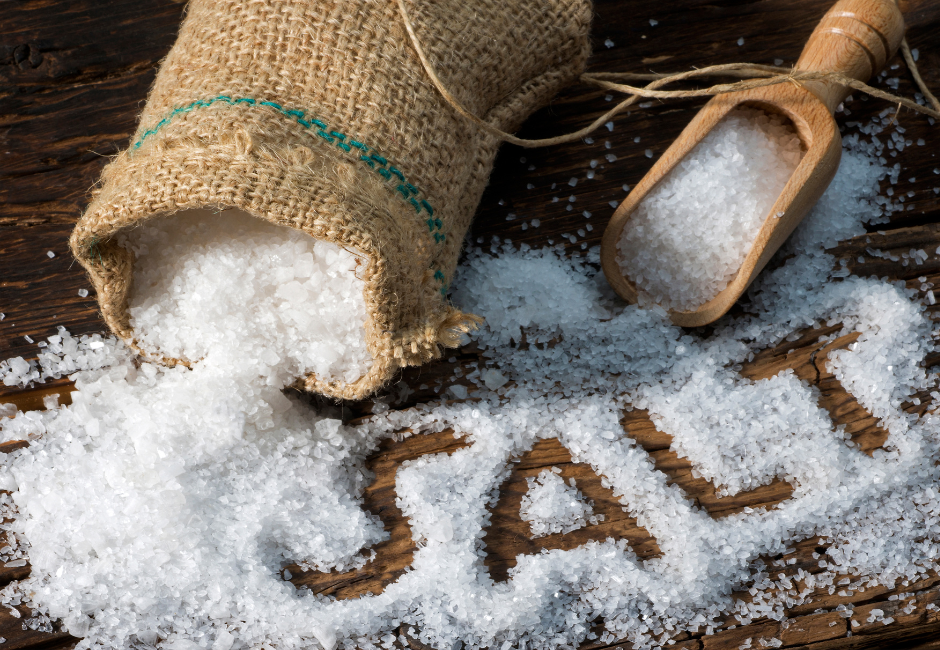
As a parent, you want to give your baby the best start in life, and that includes making smart choices about their diet. When it comes to salt for babies, less is definitely more. I remember when my little one started eating solids—I was tempted to add a pinch of salt to make the food tastier. But after learning about the risks, I decided to skip it altogether. Let’s explore why salt isn’t recommended for babies, what the risks are, and how you can make their meals delicious without it.
Table of Contents
- Salt for Babies: Why It’s Best to Avoid
- The Risks of Too Much Salt for Babies
- When Can I Introduce Salt for Babies?
- How Much Salt Can Babies Have?
- Tips for Reducing Salt in Your Baby’s Diet
- Healthier Alternatives to Salt for Babies
- My Experience with Salt for Babies
- When Should You Be Concerned About Salt in Your Baby’s Diet?
- Frequently Asked Questions (FAQ)
Salt for Babies: Why It’s Best to Avoid
Babies have tiny kidneys that aren’t fully developed yet. This means they can’t process large amounts of sodium, which is found in salt. Too much salt can put a strain on their kidneys and even increase the risk of high blood pressure later in life.
When my baby was around six months old, I started introducing pureed vegetables. At first, I worried she might find the food bland. But to my surprise, she loved it! Babies don’t need salt to enjoy their meals—their taste buds are still developing, and they’re happy with natural flavors.
The Risks of Too Much Salt for Babies
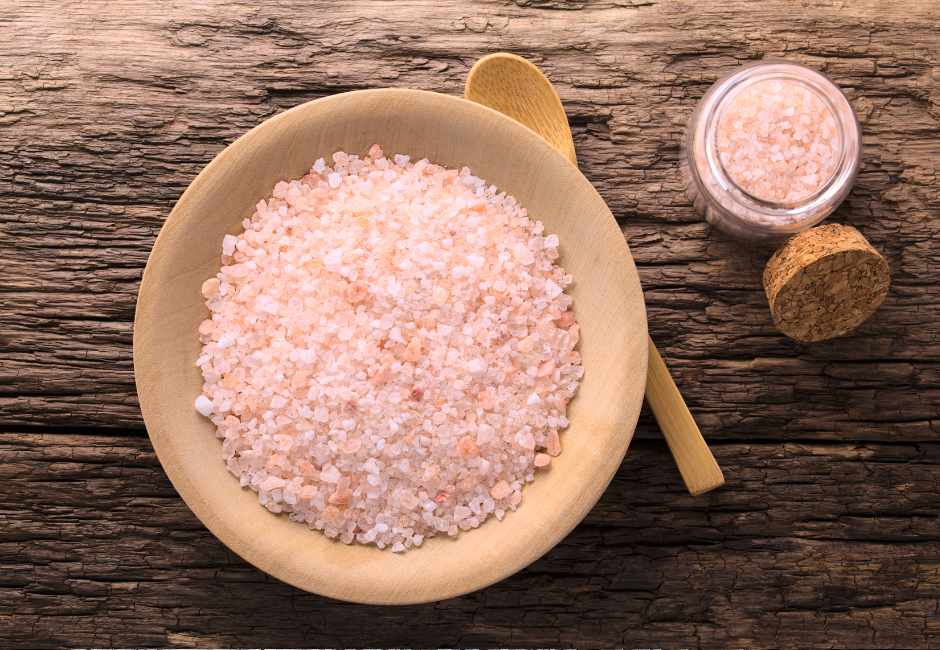
Introducing salt to your baby’s diet needs to be done carefully, as too much salt can pose risks to their health. Why it’s important to limit salt intake for babies and what can happen if they consume too much:
- Kidney Strain
Babies’ kidneys can’t handle high sodium levels. Too much salt can lead to dehydration or even kidney damage. - High Blood Pressure
A high-sodium diet early in life can increase the risk of high blood pressure as they grow older. - Unhealthy Eating Habits
Babies who eat salty foods may develop a preference for them, making it harder to encourage healthy eating later on.
When Can I Introduce Salt for Babies?
Ok, but “When can I introduce salt for babies?” It’s a common concern, and for a good reason. Salt is an essential part of our diet, but babies’ bodies are still developing. Their kidneys, in particular, aren’t fully ready to handle too much salt at a young age. So, knowing when and how to introduce salt into your baby’s meals is crucial to ensuring their health and well-being.
As I mentioned earlier, most experts agree that babies should not have added salt in their food before 6 months. This is when they begin eating solids. Even then, salt should only be added in very small amounts. For the first year, avoid processed foods or those high in sodium, such as canned soups, ready-made baby foods, or packaged snacks. Instead, focus on fresh, whole foods.
I found that introducing foods with natural flavors—like sweet potatoes, carrots, peas, and apples—was a great way to begin my baby’s eating journey. As they grow, you can gradually add a bit of salt to their food, but always remember that the less, the better. While salt should be kept to a minimum in the first year, it’s important to ensure your baby gets enough iron, which is crucial for their growth. For more details, check out my article on iron-rich foods for babies to help keep your little one strong and healthy.
How Much Salt Can Babies Have?
According to the World Health Organization (WHO), babies under one year old should not have more than 1 gram of salt per day. After the age of 1, the recommended daily limit is 2 grams. This is because babies’ bodies still have very small reserves and need to be cautious about how much salt they consume. While keeping salt to a minimum is essential, it’s also important to provide foods that nourish your baby’s brain and body. If you want to explore foods that promote cognitive growth, take a look at my article on brain development foods for babies.
When my baby started eating solids, I found it easy to avoid adding salt. Instead, I focused on natural flavors and ingredients that were already naturally low in sodium. For example, pureed vegetables and fruits are naturally low in sodium and make great first foods.
Tips for Reducing Salt in Your Baby’s Diet
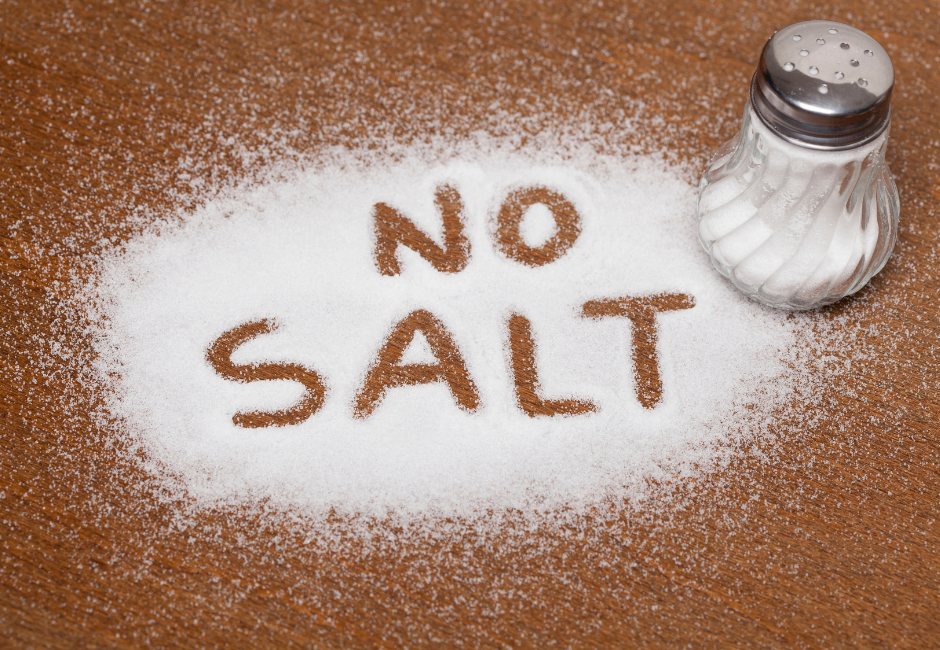
Here are a few tips to help you manage salt for babies:
- Cook Fresh: Prepare homemade meals using fresh ingredients. This way, you control what’s going into your baby’s food, and you don’t have to worry about hidden salts.
- Read Labels: If you’re buying packaged food, always check the label for sodium content. Look for “low-sodium” or “no added salt” options.
- Avoid Processed Foods: Foods like packaged baby snacks, instant cereals, and canned soups are often loaded with salt. Choose fresh, healthy options instead.
- Use Natural Flavors: Spice up your baby’s food with herbs, cinnamon, or ginger. These can add delicious flavors without adding any salt.
- Gradual Introduction: If you decide to add salt later on, start small. It’s best to slowly introduce small amounts of salt after your baby turns one, and always in moderation.
Healthier Alternatives to Salt for Babies
- Use Herbs and Spices
Herbs like basil, thyme, and parsley add flavor without the risks of salt. I love sprinkling a little cinnamon on sweet potato puree—it’s a hit with my little one! - Try Garlic or Onion Powder
A tiny pinch of garlic or onion powder can add a savory kick to baby food. Just make sure to use it sparingly. - Focus on Natural Flavors
Vegetables like carrots, sweet potatoes, and zucchini have their own natural sweetness and flavor. Let your baby enjoy these as they are!
My Experience with Salt for Babies
When I started feeding my baby solids, I made sure to keep salt away. I was careful to choose foods that were naturally sweet or savory without adding anything extra. I also kept track of how much sodium was in packaged foods and avoided anything with added salt.
Now that my baby is a little older, I’ve begun to introduce small amounts of salt, mainly by using low-sodium products and fresh ingredients. However, I always make sure to keep it as minimal as possible to encourage my child’s taste buds to enjoy natural flavors.
When Should You Be Concerned About Salt in Your Baby’s Diet?
If you notice that your baby is consuming a lot of processed foods or anything with high salt content, it’s time to step back and assess their diet. Overconsumption of salt in early childhood can increase the risk of high blood pressure and kidney issues later in life.
Always check with your pediatrician if you’re concerned about your baby’s salt intake. They’ll be able to guide you and ensure your baby is eating a balanced, healthy diet.
By being mindful of salt for babies, you’re setting the foundation for a lifetime of healthy eating habits. Don’t forget to share this article with other parents who might find it helpful. Together, we can raise happy, healthy little ones!
Frequently Asked Questions (FAQ)
Q: Can I use table salt for my baby’s food?
A: It’s best to avoid using regular table salt for your baby’s food, especially before they’re one year old. Instead, opt for natural, unprocessed foods and limit the amount of salt you add as they grow older.
Q: What happens if my baby eats too much salt?
A: Eating too much salt can put a strain on your baby’s kidneys, increase the risk of high blood pressure, and cause future health problems. It’s best to keep their salt intake very low in the first few years of life.
Q: How do I know if I’m giving my baby too much salt?
A: Pay attention to your baby’s diet. If they’re consuming a lot of processed foods or snacks, they might be getting too much salt. Stick to fresh foods and avoid adding extra salt.
Q: Is there any natural salt I can give my baby?
A: There are natural salts found in whole foods like fruits and vegetables. If you’re cooking at home, focus on fresh ingredients without adding salt to their meals.
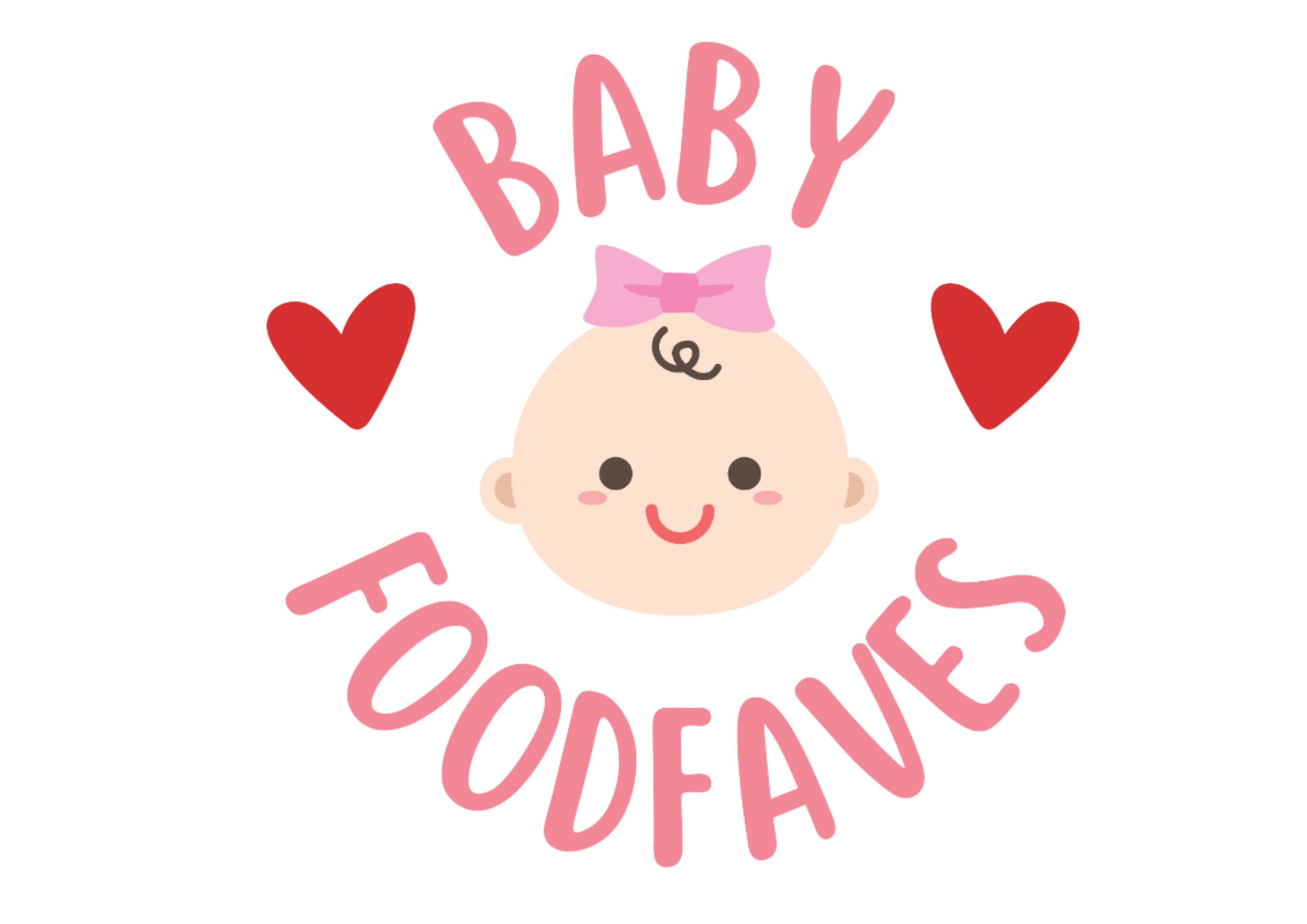


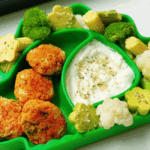
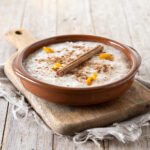

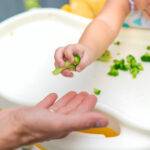
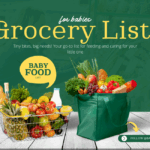


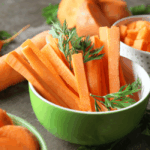


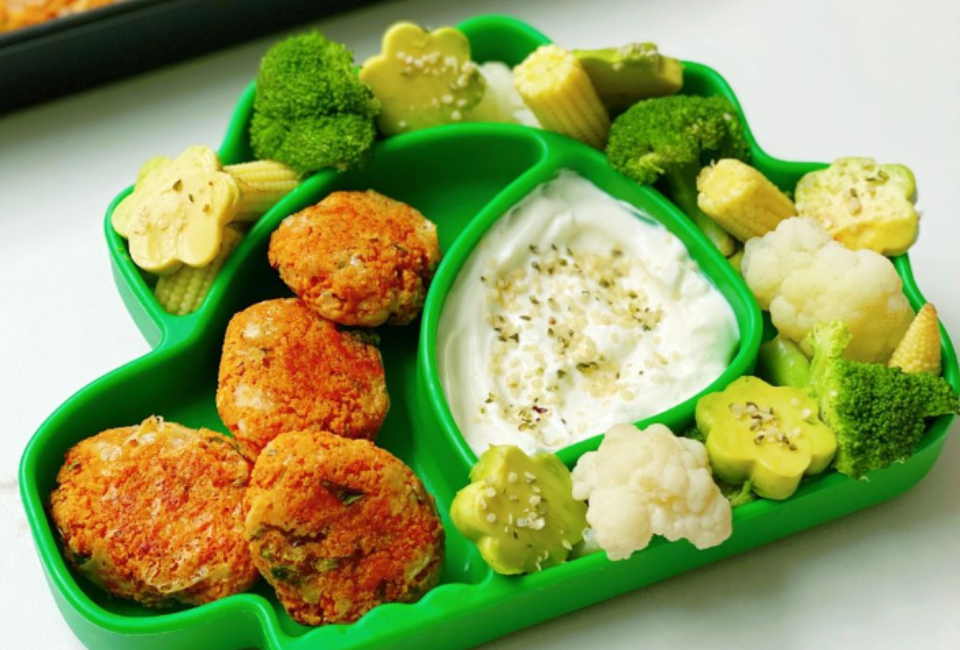
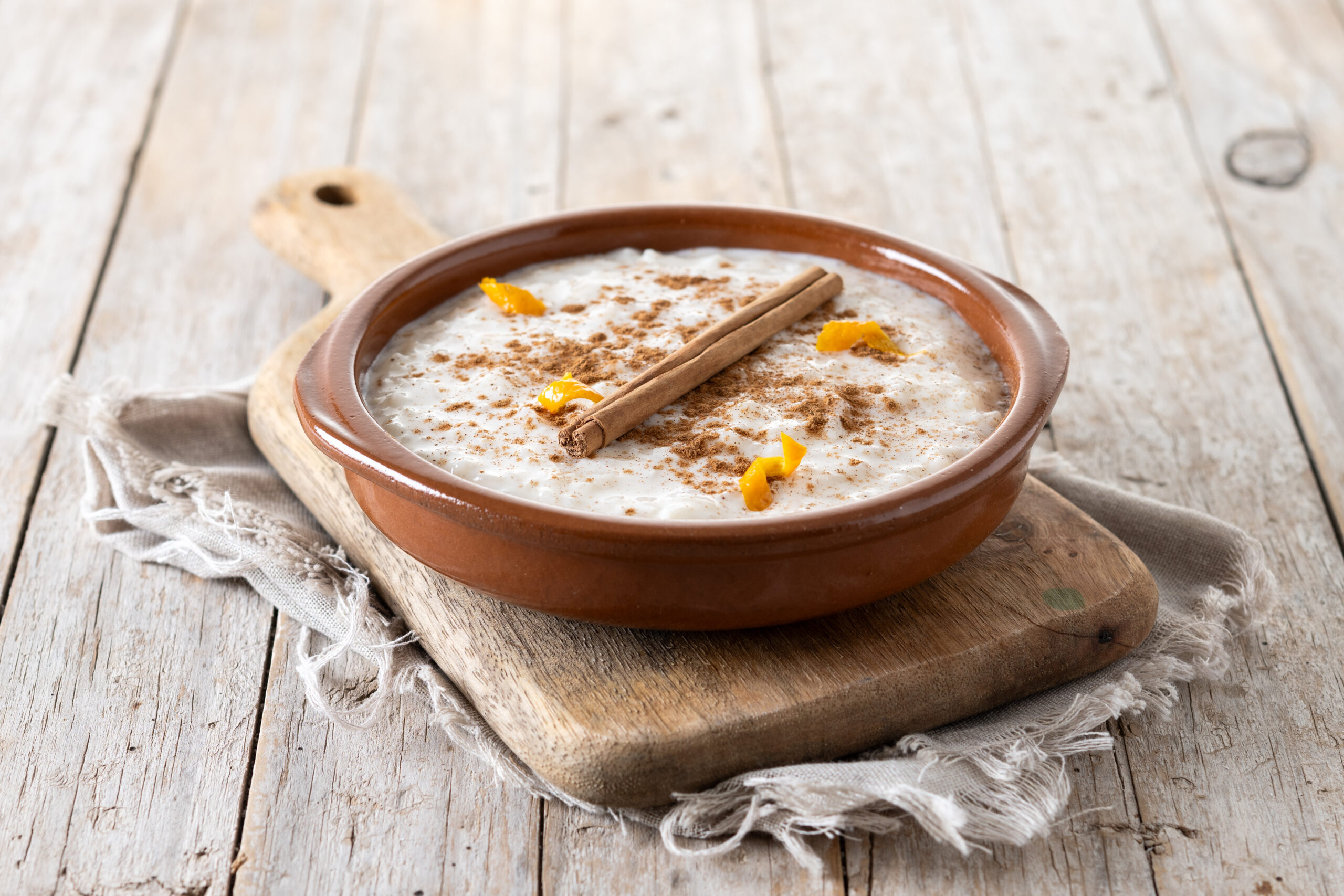
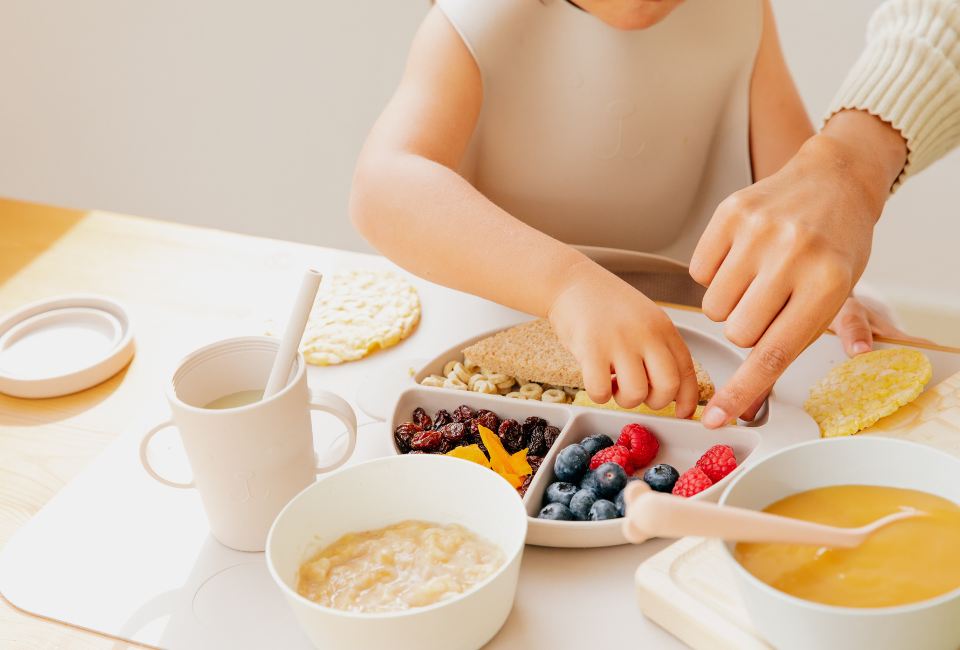
Leave a Reply